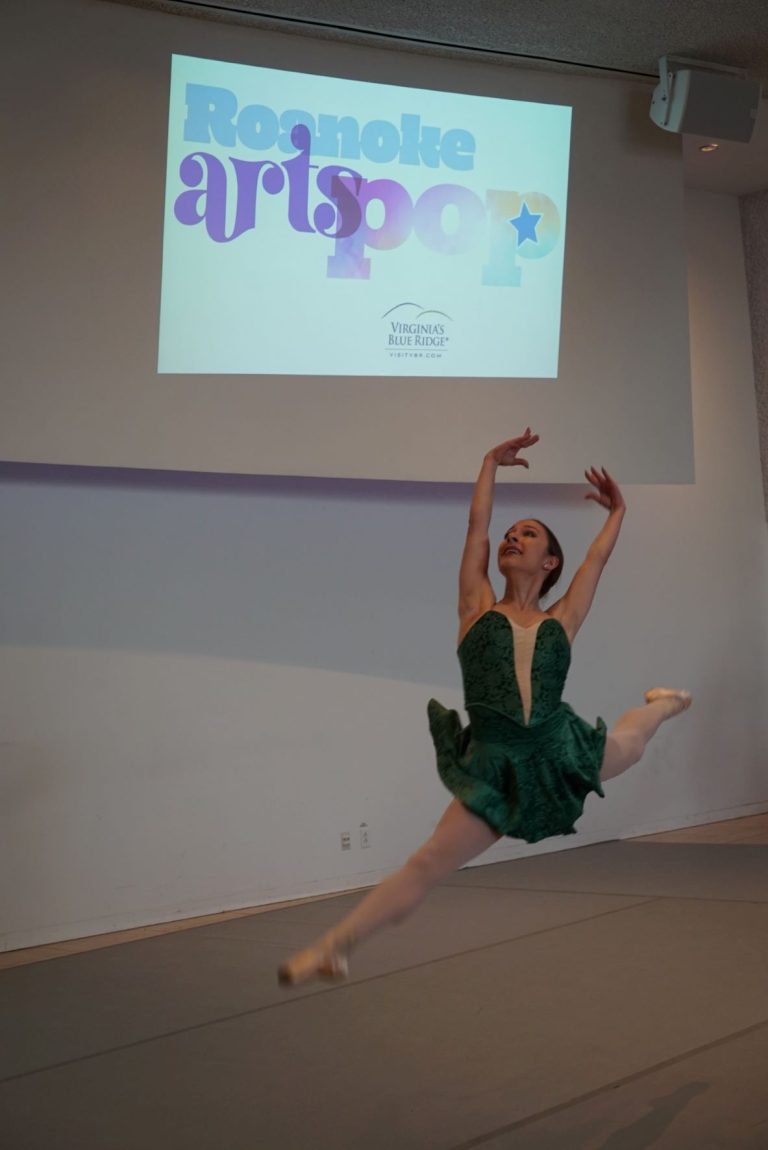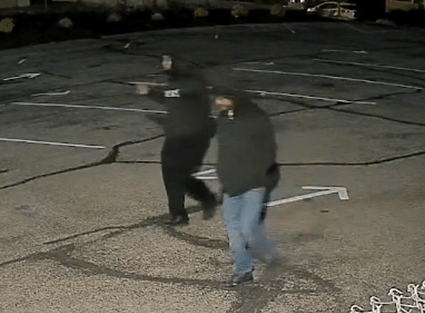 (News Release) Washington — PETA has obtained video footage and photographs revealing the abysmal living conditions of four turkeys “pardoned” by President Donald J. Trump. These birds are supposed to be the “lucky” ones, spared being carved up for Thanksgiving, but PETA has found that at “Gobbler’s Rest” at Virginia Tech, they’re essentially warehoused inside barren cells until they die, and they appear to have sustained severe feather damage—a symptom associated with stress and deprivation.
(News Release) Washington — PETA has obtained video footage and photographs revealing the abysmal living conditions of four turkeys “pardoned” by President Donald J. Trump. These birds are supposed to be the “lucky” ones, spared being carved up for Thanksgiving, but PETA has found that at “Gobbler’s Rest” at Virginia Tech, they’re essentially warehoused inside barren cells until they die, and they appear to have sustained severe feather damage—a symptom associated with stress and deprivation.
PETA has sent a letter to Dr. Alan L. Grant, dean of the College of Agriculture and Life Sciences at Virginia Tech, offering to place these turkeys at a reputable sanctuary. There, they’d finally enjoy true retirement, complete with opportunities to enjoy the outdoors and feel grass under their feet—in other words, the very conditions that most Americans assume these “pardoned” turkeys already enjoy.
“If the ceremony on the White House lawn means anything, these turkeys should be given a chance to live as turkeys should—but instead, they’re serving a life sentence without so much as the opportunity to enjoy the outdoors,” says PETA Senior Vice President of Cruelty Investigations Daphna Nachminovitch. “PETA is asking Virginia Tech to let us give these turkeys a chance to enjoy companionship, fresh air, and sunshine at a reputable sanctuary, as they deserve.”
At “Gobbler’s Rest,” the “pardoned” turkeys are denied any opportunity to satisfy their basic needs, such as perching and roosting. Although turkeys are highly social birds, 2018 “pardonees” Peas and Carrots are kept penned up alone. They have extensive and severe feather damage, as do Bread and Butter, “pardonees” from 2019, who also have brown stains on their damaged tail feathers, possibly because of gastrointestinal distress and/or simply because they don’t have enough space to avoid walking through and lying in their own waste.
A veterinarian who reviewed PETA’s footage of the turkeys’ bleak living conditions (the full report is available here) opined that the conditions present “numerous, cumulative, and chronic stressors that severely compromise the physical and psychological well-being of these turkeys.”



